※This article was published at
December 2014.※
The seven lucky gods in Japanese culture are "Daikokuten" (god of agriculture), "Bishamonten" (guardian god of Buddhism), "Ebisuten" (god of fishing and commerce), "Juroujin" (god of longevity), "Fukurokuju" (god of happiness, high station, and long life), "Benzaiten" (goddess of music, eloquence, also wealth and water) and "Hoteison" (pot-bellied god of good fortune).
It is said that if you visit these seven gods, you will receive seven "happinesses".
In Japan, many people worship these gods, following a common assumption that you have to visit the Seven Lucky Gods in the new year.
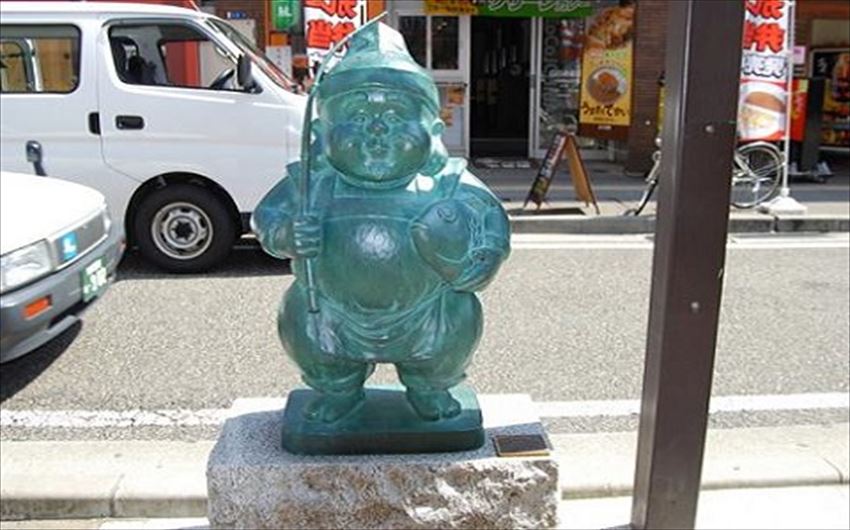
Ebisuten, who holds a sea beam and a fishing rod in his hand, is the god of fishing and commerce.
If you work hard, Ebisuten will bring you good luck.
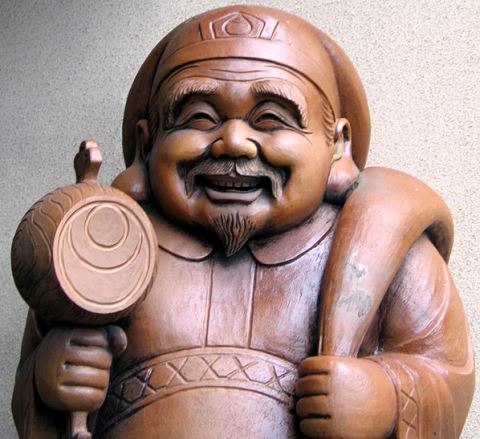
Daikokuten is the god of agriculture.
The hammer (tsuchi) he is holding is the trademark of this god, meaning that the hammer creates the soil (also pronounced tsuchi) which creates everything in this world.
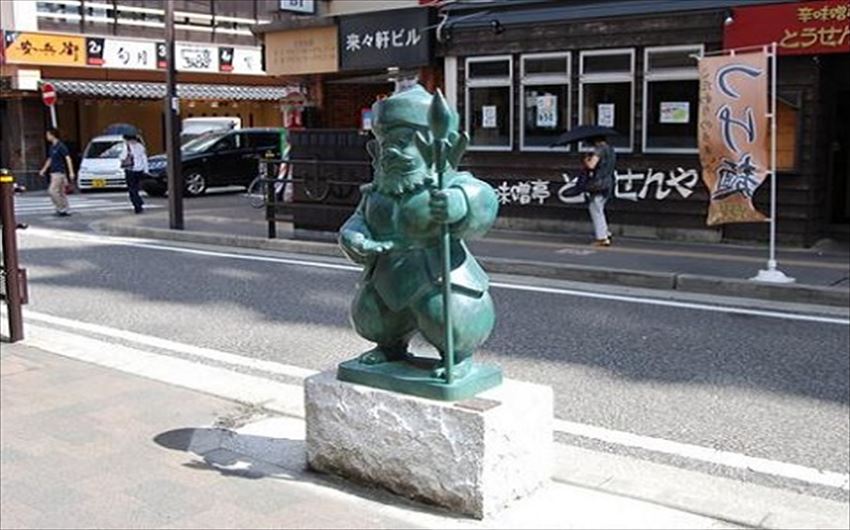
Bishamonten is a warlord who expels evil spirits with his spear.
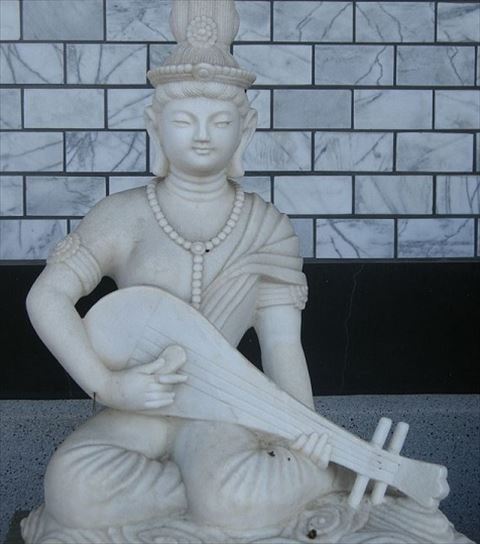
Benzaiten is the only goddess who was formerly an Indian god but introduced to Japan as the god for music and language.
Today, she is worshiped as one who brings good luck in art and academic study.
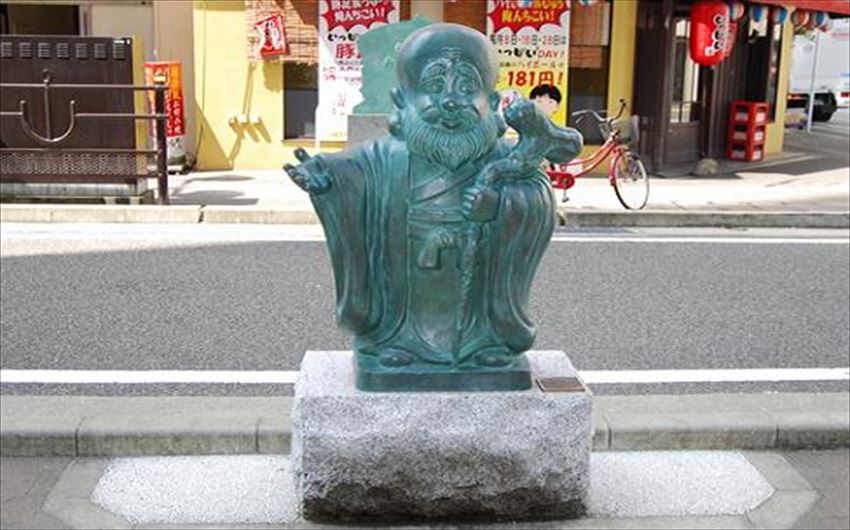
"Fukurokuju" is the god of happiness, high station, and long life. Each letter ("Fuku", "Roku", and "Ju") signifies "happiness", "high station" and "longevity", respectively.
He has a long head, beard, and big earlobes and is sometimes accompanied by a crane and turtle which are symbols of good luck
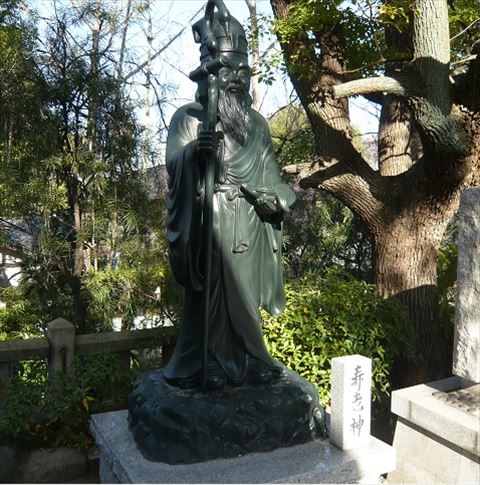
"Juroujin", the god of longevity, has a fan and peach, and is accompanied by a deer.
The fan expels misfortune.
The peach and deer are symbols of longevity.
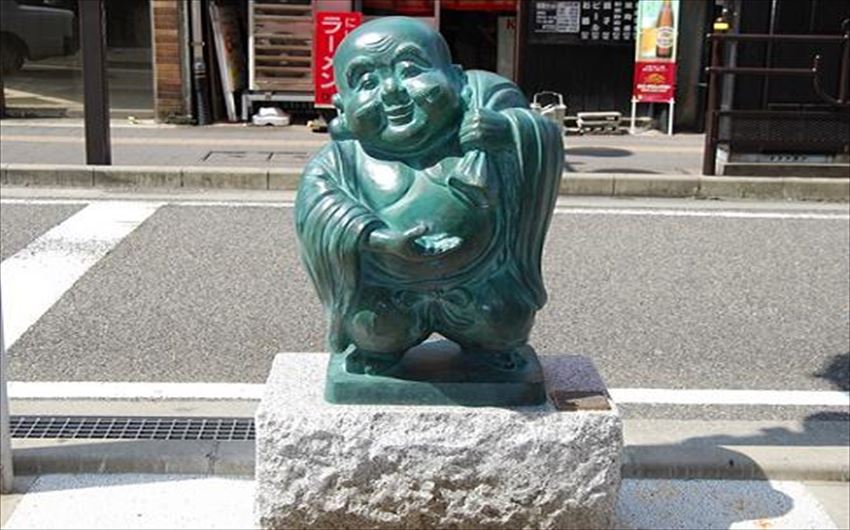
The last, "Hoteison", is a pot-bellied god for a happy home and children.
This winsome god makes everyone smile and be happy.
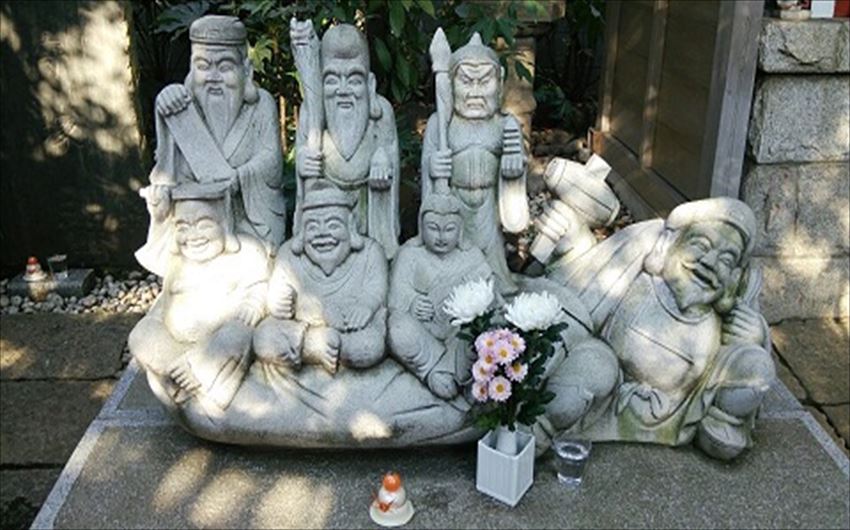
Comments